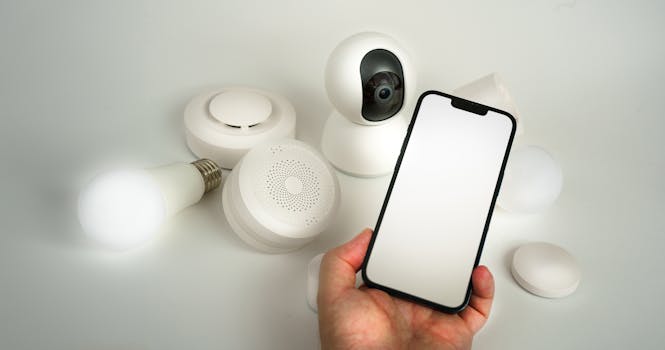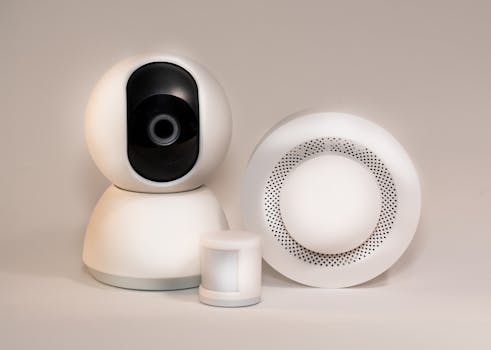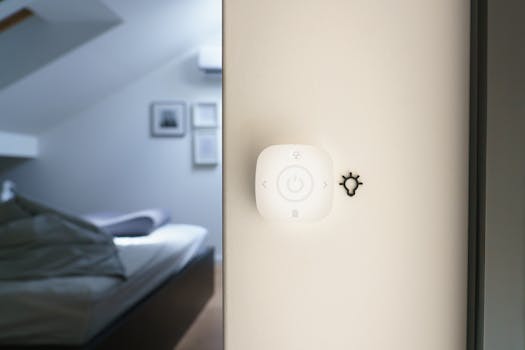
Home Automation in 2025: The Smart Home Ecosystem
Home Automation in 2025: The Smart Home Ecosystem is revolutionizing the way we live and interact with our living spaces. With the integration of Internet of Things (IoT) devices, artificial intelligence, and machine learning, homes are becoming smarter, more efficient, and more convenient.
Introduction to Home Automation

Home automation refers to the use of technology to control and monitor various aspects of a home, including lighting, temperature, security, and entertainment systems. The goal of home automation is to create a seamless and efficient living experience, where all systems work together in harmony to make life easier and more enjoyable.
In 2025, home automation is more advanced than ever, with a wide range of devices and systems available to suit different needs and budgets. From simple smart plugs to complex home automation hubs, there are countless options for homeowners to choose from.
Key Components of a Smart Home Ecosystem

A smart home ecosystem typically consists of several key components, including:
- Smart Speakers: Devices like Amazon Echo, Google Home, and Apple HomePod that use voice commands to control other smart devices and provide information.
- Smart Lighting: LED bulbs and lighting systems that can be controlled remotely and adjusted to different brightness levels and colors.
- Smart Thermostats: Devices that learn a home’s temperature preferences and adjust the heating and cooling system accordingly to optimize energy efficiency.
- Smart Security Systems: Cameras, alarms, and door locks that can be monitored and controlled remotely to ensure home safety and security.
- Smart Home Hubs: Centralized systems that integrate and control all smart devices in a home, making it easy to manage and automate different systems.
These components work together to create a smart home ecosystem that is convenient, efficient, and enjoyable to live in.
Benefits of Home Automation

Home automation offers numerous benefits, including:
- Convenience: Smart devices can be controlled remotely, making it easy to manage a home from anywhere.
- Energy Efficiency: Smart thermostats and lighting systems can optimize energy usage, reducing waste and saving money.
- Increased Safety: Smart security systems can detect potential threats and alert homeowners, providing an added layer of protection.
- Enhanced Entertainment: Smart home systems can integrate with entertainment devices, making it easy to stream music and video content throughout a home.
- Improved Property Value: A smart home ecosystem can increase a property’s value, making it more attractive to potential buyers.
Overall, home automation is designed to make life easier, more convenient, and more enjoyable, while also providing a range of practical benefits.
Conclusion

In conclusion, Home Automation in 2025: The Smart Home Ecosystem is a rapidly evolving field that is transforming the way we live and interact with our homes. With its numerous benefits, including convenience, energy efficiency, and increased safety, home automation is becoming an essential aspect of modern living. As technology continues to advance, we can expect to see even more innovative and integrated smart home solutions in the future.






